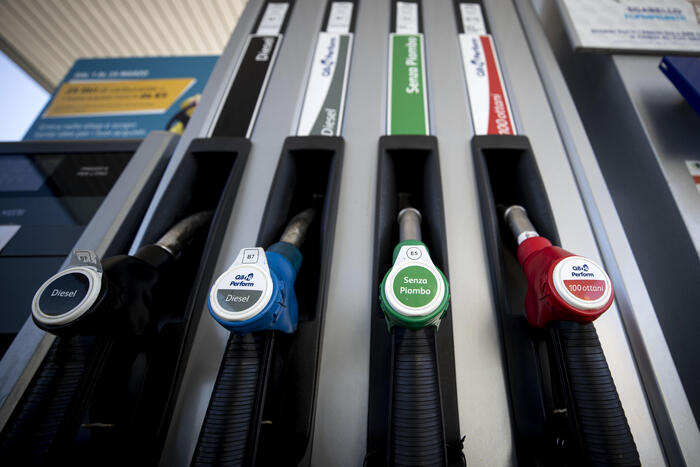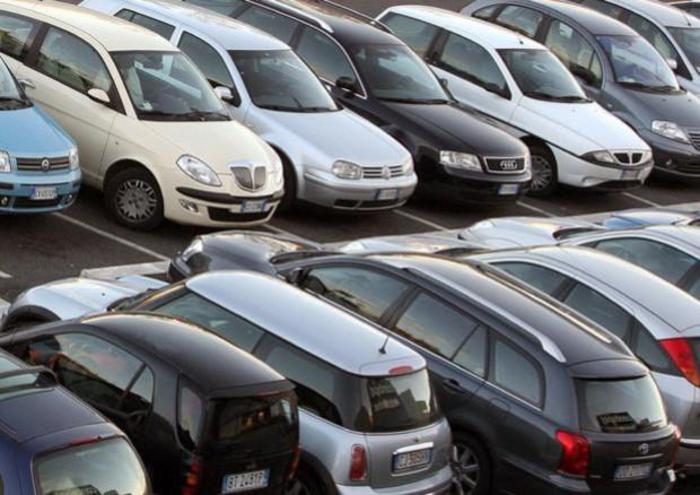Enlarge image
Car engine production (symbol picture): Better not to ban the combustion engine
Photo: Nataliya Hora / iStockphoto / Getty Images
The end of the internal combustion engine currently only seems to be a matter of time.
Most recently, automaker Daimler announced that it would be ready for the complete switch to electric cars by the end of the decade.
Volkswagen, General Motors and others had previously announced their departure from technology.
In Brussels, the EU Commission has presented a plan according to
which should be the end of new cars with diesel and gasoline engines by 2035 at the latest.
In the European Union, practically no more CO₂ should be emitted by 2050.
The EU Commission still has to negotiate the proposals with the EU Parliament and the member states.
However, a large majority of Germans apparently don't believe in the plans to phase out combustion engines as prescribed by law.
According to a survey by the opinion research institute Civey for SPIEGEL, 59 percent are against it.
Only 33 percent support this measure, which should finally secure the breakthrough for electric cars.
The rejection is particularly pronounced among the elderly: 65 percent of voters who are 65 years of age and older reject the project.
Only 26 percent in this age group are in favor.
Only among 18 to 29 year olds there is possibly overwhelming approval for the combustion ban: 49 percent are in favor of this, 48 percent are against.
However, this majority is within the range of statistical error tolerance.
Students are relatively clear in favor of saying goodbye to diesel and petrol.
66 percent of them want no more cars with diesel and gasoline engines to be registered in the EU from 2035 onwards.
Among the supporters of various parties, there is only a majority in favor of the burners-off among the Greens.
The supporters of the CDU, FDP and AfD speak out very clearly against the decreed end of technology, the SPD and the left are more terse.
Individual countries such as Norway (2025) and Great Britain (2030) are already aiming for earlier phase-out dates for vehicles with internal combustion engines.
In Germany, politics has so far been more cautious, also because tens of thousands of jobs are directly connected to the internal combustion engine, especially at supplier companies.
Transport Minister Andreas Scheuer (CSU) and parts of the industry hope that alternative, climate-neutral fuels (so-called e-fuels) can be produced in large quantities and cheaply and thus give the combustion engine a future perspective. Many experts consider this to be unrealistic, because the production of such fuels consumes enormous amounts of energy and a gigantic industry would first have to emerge to produce them.
Electric cars, on the other hand, are still too expensive for many drivers.
In addition, critics point out the comparatively short range of many models.
However, the industry is making advances in both price and performance of batteries.
The widely voiced suspicion that battery-electric cars are more damaging to the climate than diesel or petrol does not seem to be confirmed.
nis












